Honestly, I feel like I've written something like this before, but after a bit of a search I couldn't find it. I've written about how a lot of people overlook
all the stuff Taipei has gotten right, and it's street-level vibrancy and convenience actually, surprisingly, mirrors what I would call good urban planning. But that's not quite what I'm trying to say here.
There are just so many things that I've grown accustomed to, to the point of
insisting on them, or taking them as a given, that it is now hard to imagine living in another city. I just don't see how another city could provide everything Taipei does. Let's have a look:
1.) The MRT
Me in another city:
"What do you mean there are no public restrooms?"
"What do you mean I can't have a free umbrella that someone left behind?"
"What do you mean the metro is closed because it's on fire?"
"I honestly do not understand why it took any more than 2 hours, let alone 2 years, to fix this escalator"
"Is that a
mouse? Seriously WTF"
"Wait wait wait, you want me to either pay sky-high rent or live over a mile away from the nearest metro station? Why? Why would I do that?"
"You expect me to walk
more than ten minutes to get to the MRT?"
Seriously, I live a bit closer to one MRT station on a less convenient line - maybe a 5-minute walk if you book it - and a little farther from one at a transfer station - maybe a 10-minute walk. I often moan to myself about taking the station a bit farther away because I so readily expect a 5-minute walk that a 10-minute walk feels like a real hassle. What am I, Walkie McWalkerson? The MRT should come to my door!
Now think about how I'd do in any major Western city!
2.) Breakfast and Coffee
I like to patronize those super unhealthy breakfast shops because I am too lazy to make my own breakfast more often than I'd like to admit. I like that if I'm in a rush they even have sandwiches waiting.
There are two of them within a 30-second walk of my front door.
But I believe in compromise. It's clearly too much to ask that any city have a place for me to live where a breakfast joint is 30 seconds away on foot. I'm willing to double that and make it a minute because I'm generous. The idea that if I want breakfast I have to walk for more than one minute, though?
Blasphemy.
If you can't give me breakfast in one minute or less, your city is bad and you should feel bad.
The same is good for coffee. If there is a neighborhood where you can't get coffee within a short walk of your apartment, I don't want to hear about it.
3.) Other Food
A lot has been said about Taipei's culinary scene, I'll leave that be. Here's what I want to know about cities back in Western countries - what the hell is wrong with you that you think it's OK to charge
that much for food? Don't you know I can get 10 potstickers for, like, a dollar fifty in a
real city? And while I know Western goods are more expensive here, I have to laugh at prices back in the West for basic produce. Fresh cilantro, spinach, peppers etc. cost
what now? Are you
mad?
4.) Cheap rent
Growing up I always thought that if you wanted to live downtown you could, you'd just be in an apartment, and if you wanted a house you could spend the same amount and move to the suburbs. But outside any city I'd want to live in in the US (hint: I don't want a lifestyle based around driving, so that's, like, two cities, maybe three if I'm generous, the rest are not even on my radar because who even drives? Seriously), it feels like you can either rent an apartment in the suburbs, buy a house in the far exurbs and enjoy your 2-hour-each-way commute, or just not live in the city at all because who the fuck can afford that? What I would call reasonable downtown rent is now the rent expected in the 'burbs or outer boroughs, and the rent in cities themselves just isn't even a thing in this universe it's so unreal.
In Taipei I get 30 ping right downtown for less than $1000USD a month, and I have a doorwoman and elevator. Suck it, The West!
5.) Urban Driving
Already covered this. I know how to drive, I even have a license, but I don't
do driving really. Not my thing. I put my money where my values are and take public transit. Most American cities require you to have your own vehicle - pretty much any city outside of New York, Washington DC (where you still actually do need a car if you want to get anywhere with any modicum of convenience), Boston and maybe Chicago, and all but one of those cities is still inconvenient without a car. I do not understand this because the whole point of being "urban" to me is that it, to some degree, equals "don't have to drive". Why would you build a city you have to drive in? What twisted or just plain stupid minds would ever think that's a good idea?
I mean if I had a job in DC like the one I do in Taipei there's no way I'd be able to get between clients without a car, and DC is considered to have "good" (ahem) public transit. I'm not sure why.
Does not make sense. I've got some subterranean homesick alien stuff going on with that.
6.) "I can't socialize, I'm broke!"
Wait, can't we just get some tai-pi and hang out in 7-11 then? Or I can take the MRT to your place 'cause that's a thing you can do in a
real city? Wait, your city doesn't have that? You can't just hang in 7-11 and places require gas and a car to drive to? How do people socialize if they don't have money? They don't? WTF? How is that even a thing?
7.) 7-11 generally
To prove my point, I suggest that you go to a 7-11 in the US, in your buy a beer and some snacks in your pajamas (points if you try to do this at 3am and complain loudly when you realize the 7-11, which clearly needs to be open 24 hours, is not in fact open because
there is no God), and sit in that 7-11 drinking your beer and eating your snacks, still in your pajamas. Maybe take a nap. See how long it takes for them to call the police.
In Taipei this is so common that I call it 'street soda' (beer on the street) and my sister calls it Bar 7.
You see? Taipei is better.
8.) Really, I am pretty sure those guys are trained for the zombie apocalypse
When the zombie apocalypse comes in the US, where you gonna go, chump?
I know where I'm gonna go. 7-11! Sure they have breakable windows but I am also fairly convinced that when the zombies attack the 7-11 superstar clerks will take out their 7-11 issued crossbows with cute little cartoons on them and just...take out the zombies. All part of the job. Then we'll drink beer and hang out in the 7 together. My treat, because I can afford it.
9.) The really pleasant lack of street rapists
No, seriously, when a single woman walks down the street after a certain hour (or not even after a certain hour!) in most Western cities, she's all "hey so where my rapists at? Because I know they're here". The threat of assault really is that bad in a lot of places, and there are quite a few you just don't go to alone at night if you are female. Certain areas where you do not walk. You definitely take great care in taxis, too.
I can't think of even one place in all of Taipei where I would not feel perfectly comfortable walking alone at any time of day or night, even down at the riverside park, even in the less-savory parts of town. I'm not saying rape doesn't happen - it does - but your chances of getting assaulted on the street are basically zero.
10.) When I am sick I can afford to see the doctor and I don't have to wait
This applies more to Americans (but plenty of other Westerners have to wait far too long for their health care). But what else is there to say? In the US even with health insurance I couldn't afford to see a doctor when I needed to. I was barely scraping by even on a salaried office job, so even though I had only a co-pay, I couldn't afford it. It was my bus fare for the next two weeks! Now if I'm sick I see the doctor.
This is related to living in a city because I can usually walk to any clinic I need. Even if I have to take transit it's not particularly far which is a big deal when your problem is immediate and serious, like bronchitis and every second you have to be out and walking around is like agony.
WOW! It's like the FIRST world! UNLIKE my home country!
11.) The speed of telecommunications
Putting this under 'city life' too because perhaps in smaller towns in Taiwan it's not quite the same. I love how in Taipei when I want to go online I just go online and things happen instantly. Slow wifi is a death sentence for a cafe, and slow wifi at home simply doesn't happen, because Taipei (at least) has taken the effort to upgrade all of its cables. None of this "well fiber optic cable runs to your building but inside your building you have copper wire from the 1920s so...enjoy your slow wifi bub". That's nonsense. We live in the first world. The FIRST world. America should try it sometime...
12.) When I want to leave...
...I can take a bullet train and be on the other end of the country* in 90 minutes
HAVE FUN ON AMTRAK SUCKERS
~*~zoom~*~
*none of this "island" nonsense, it's a country
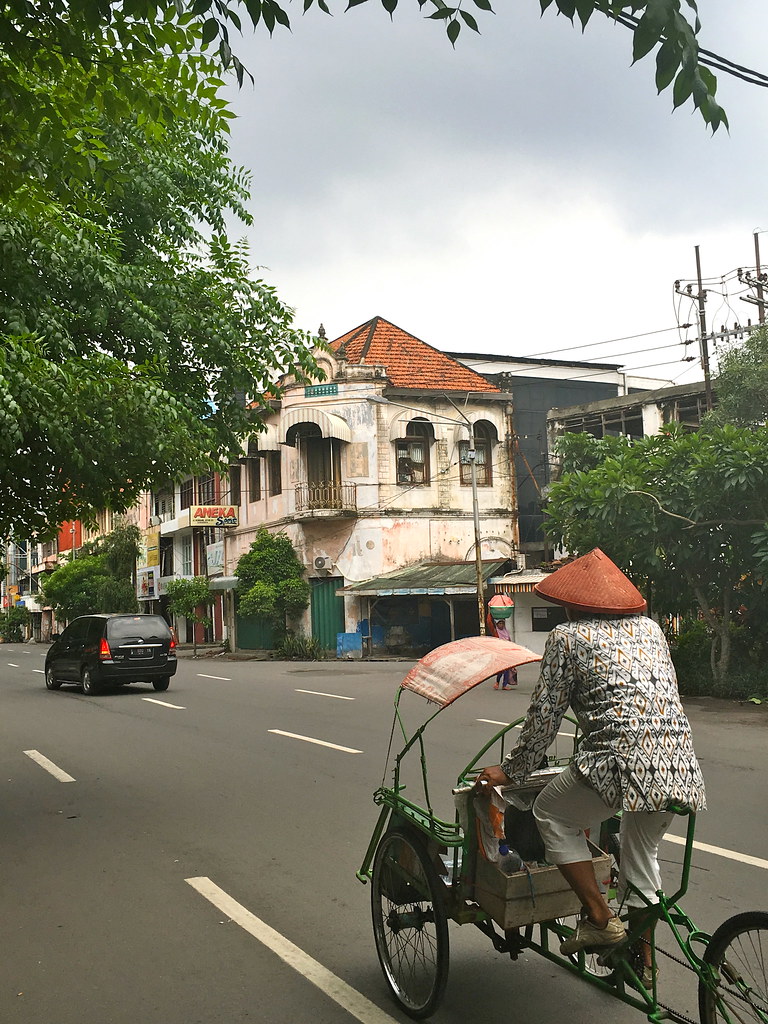
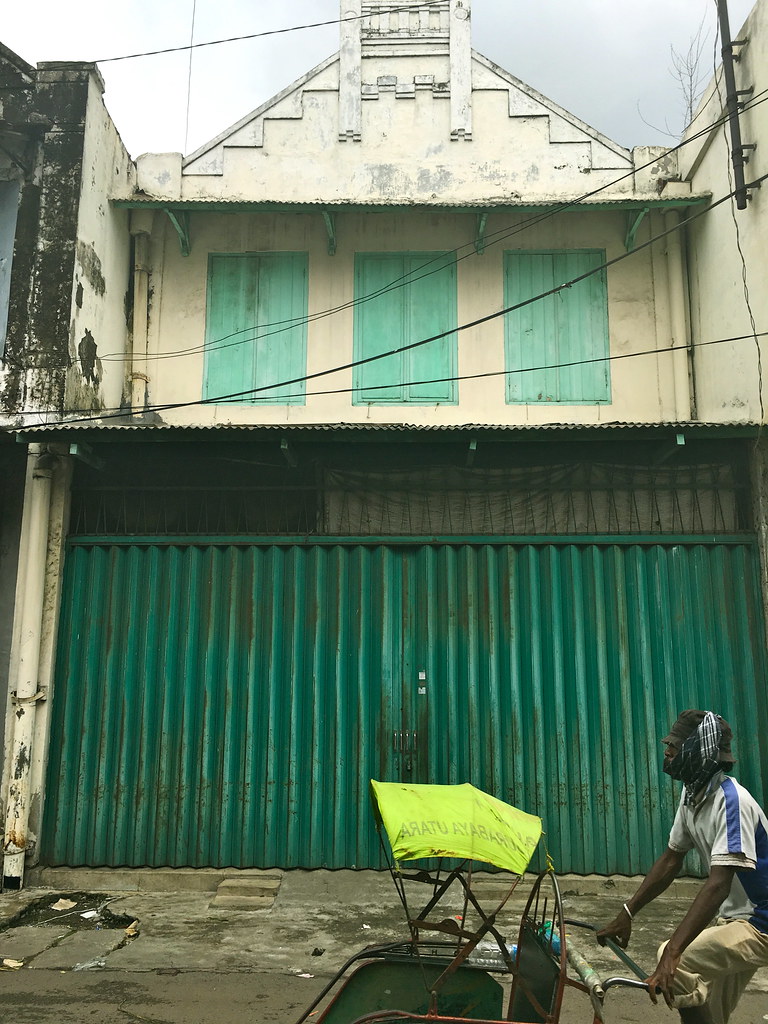
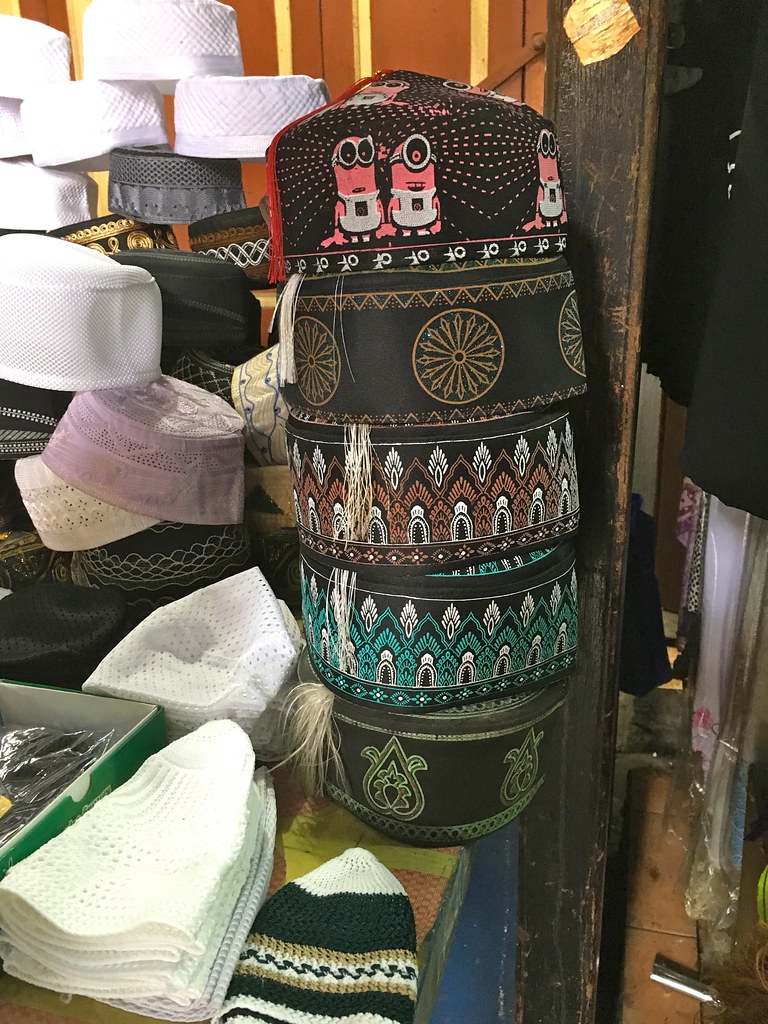
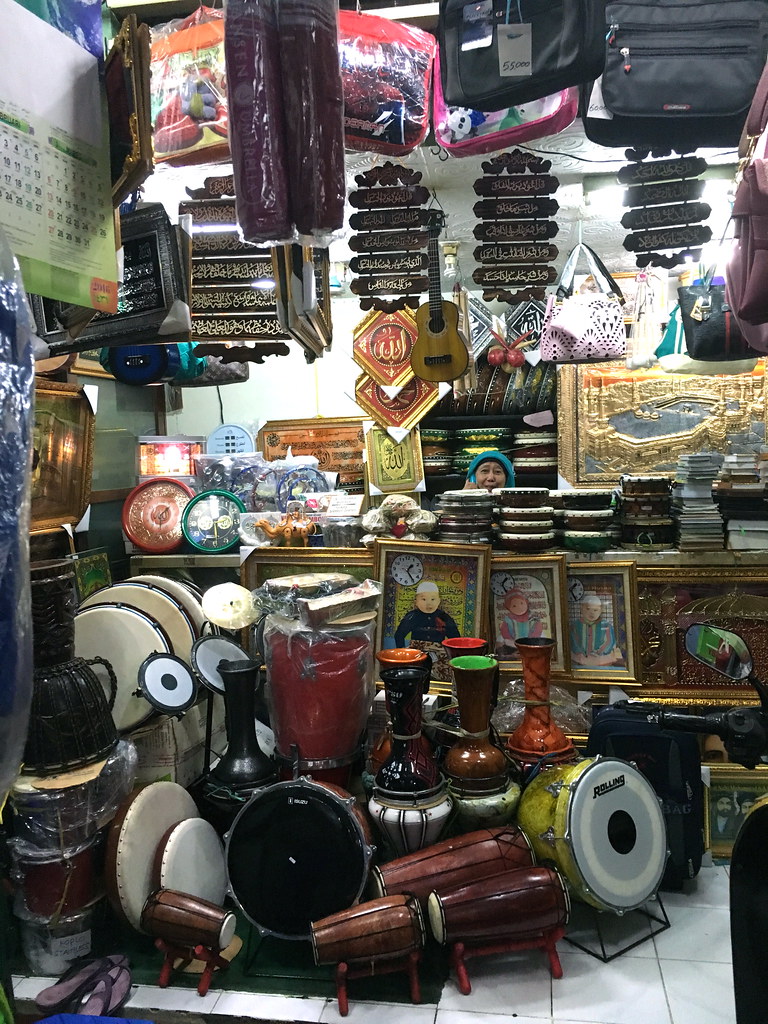
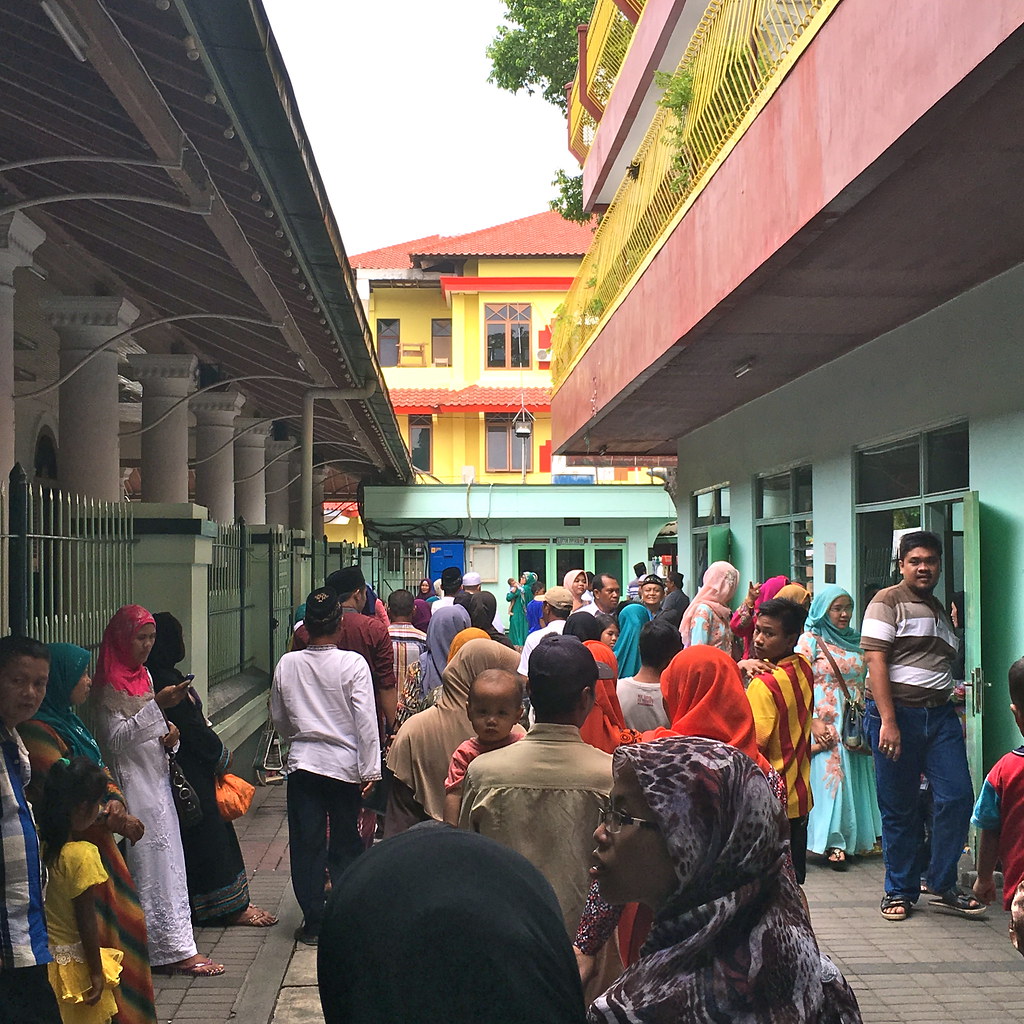
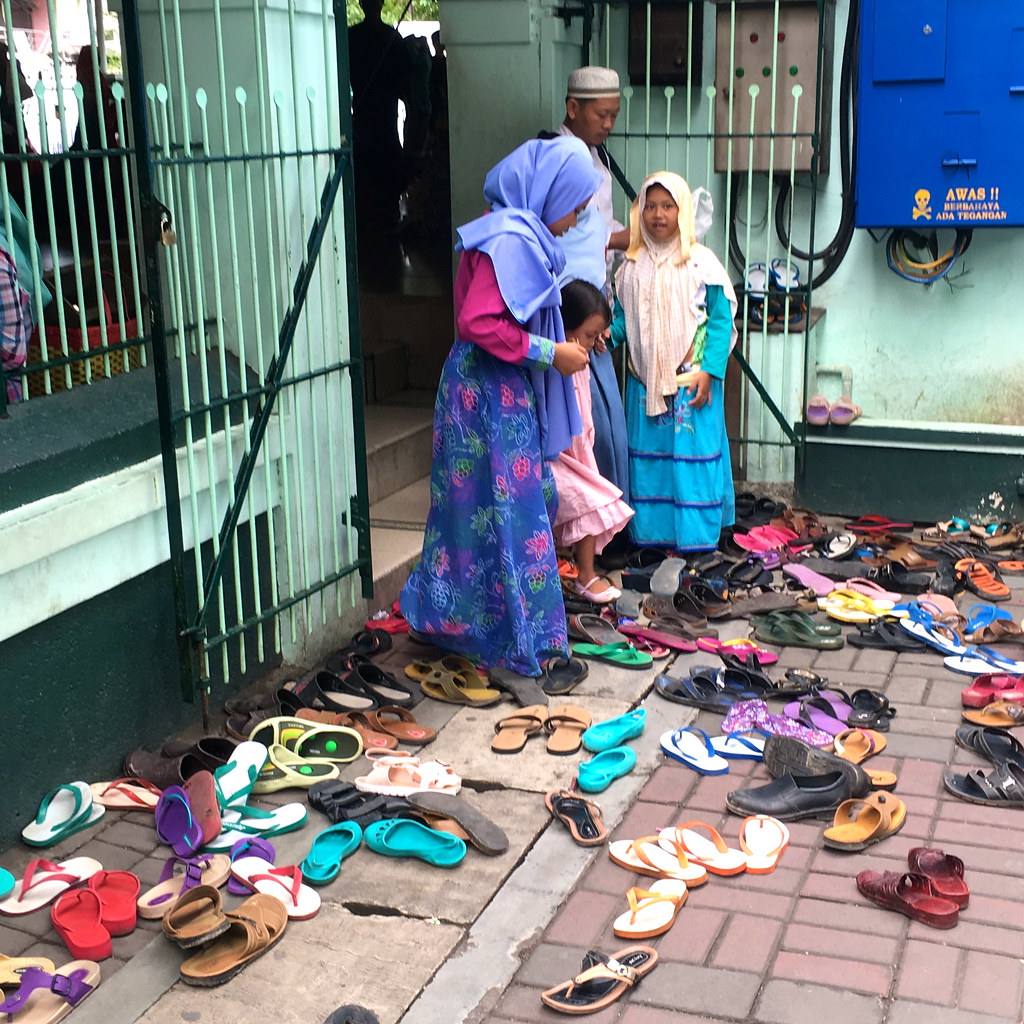
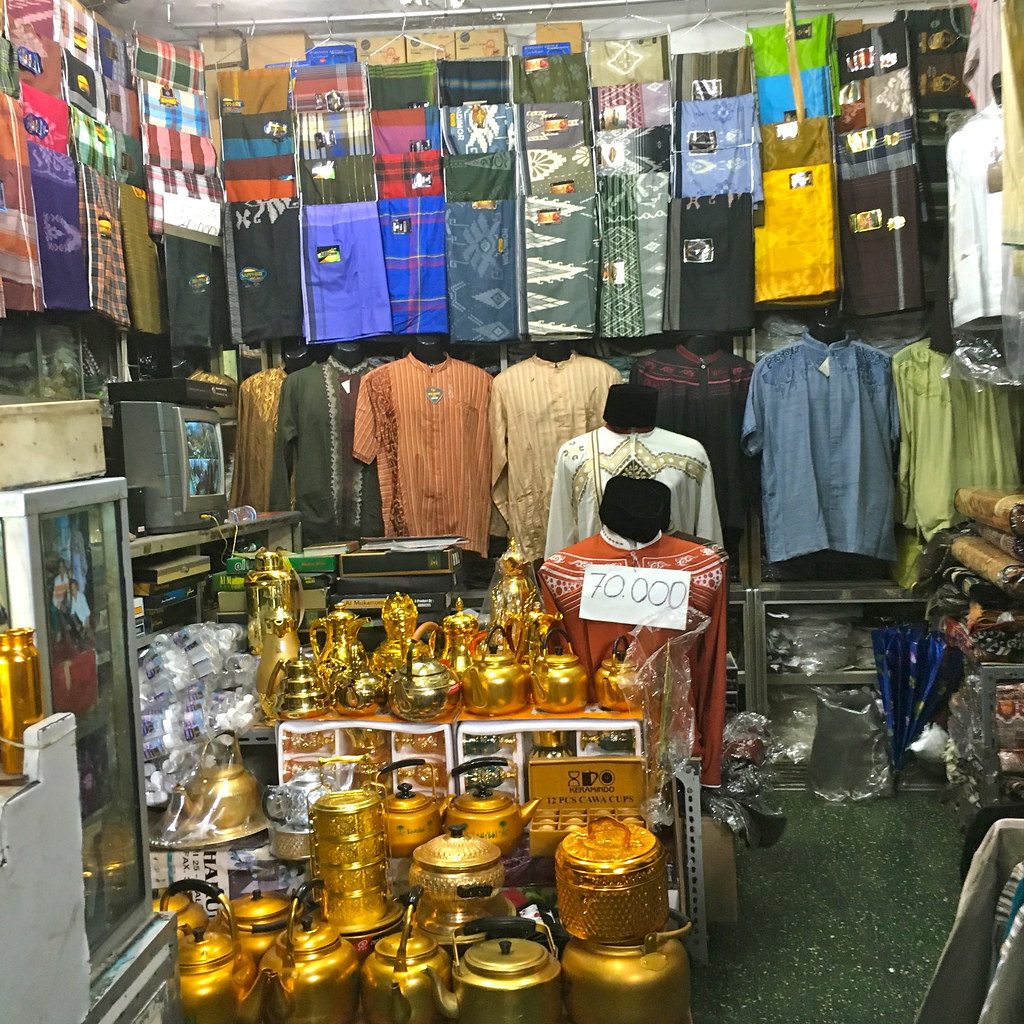
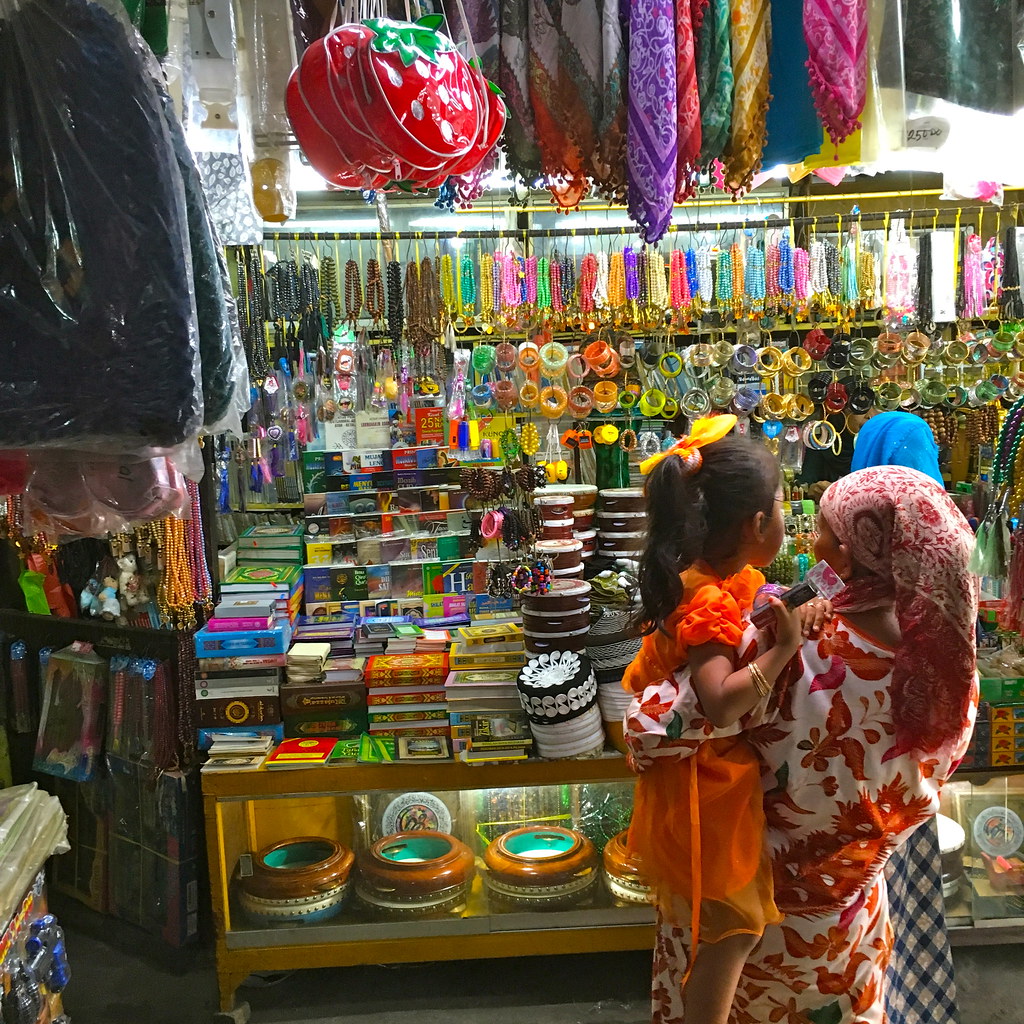
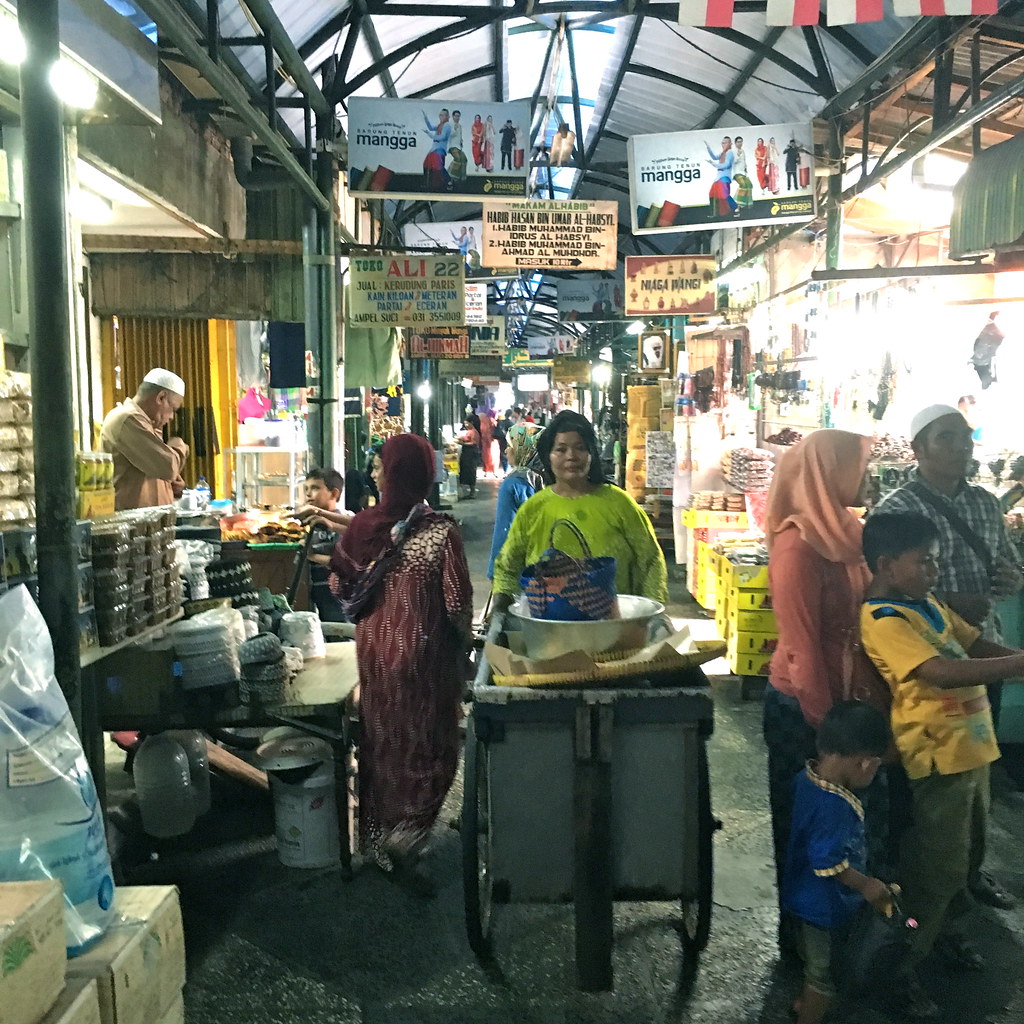
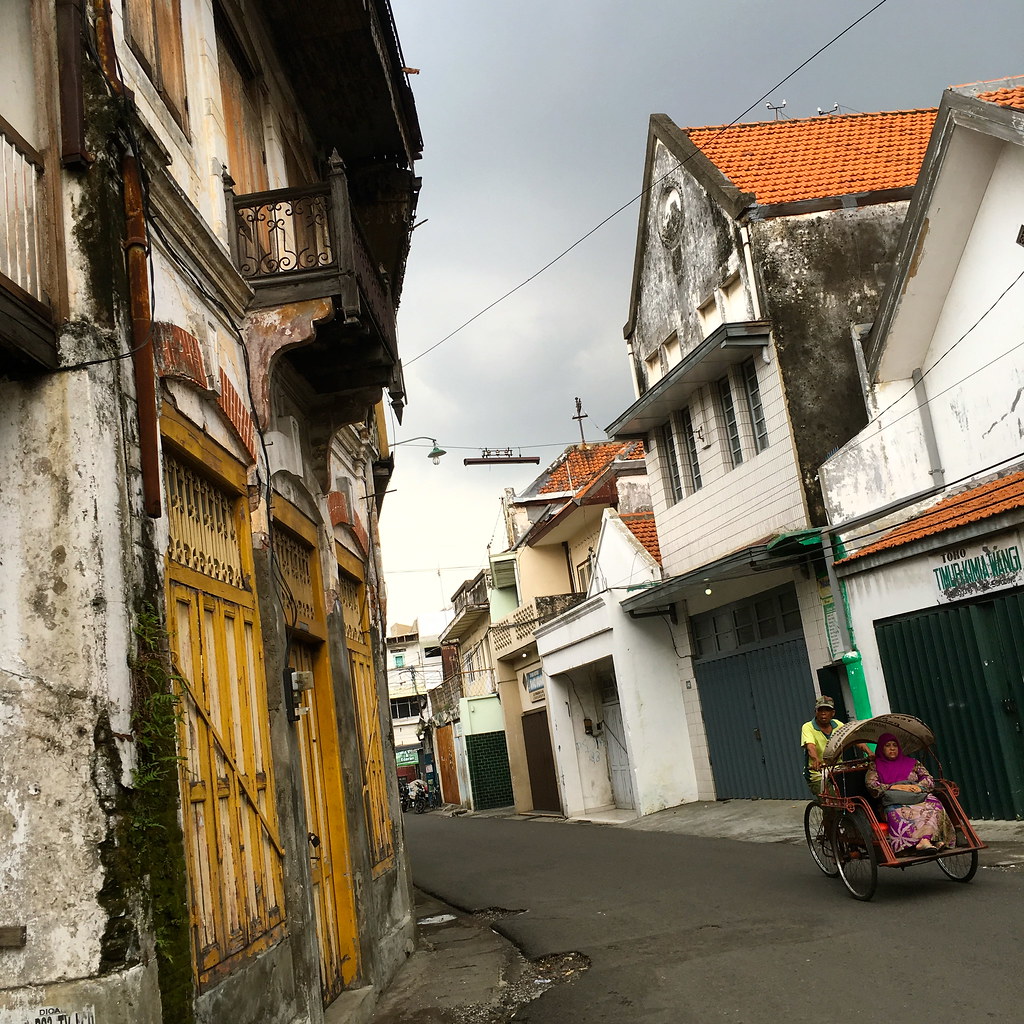
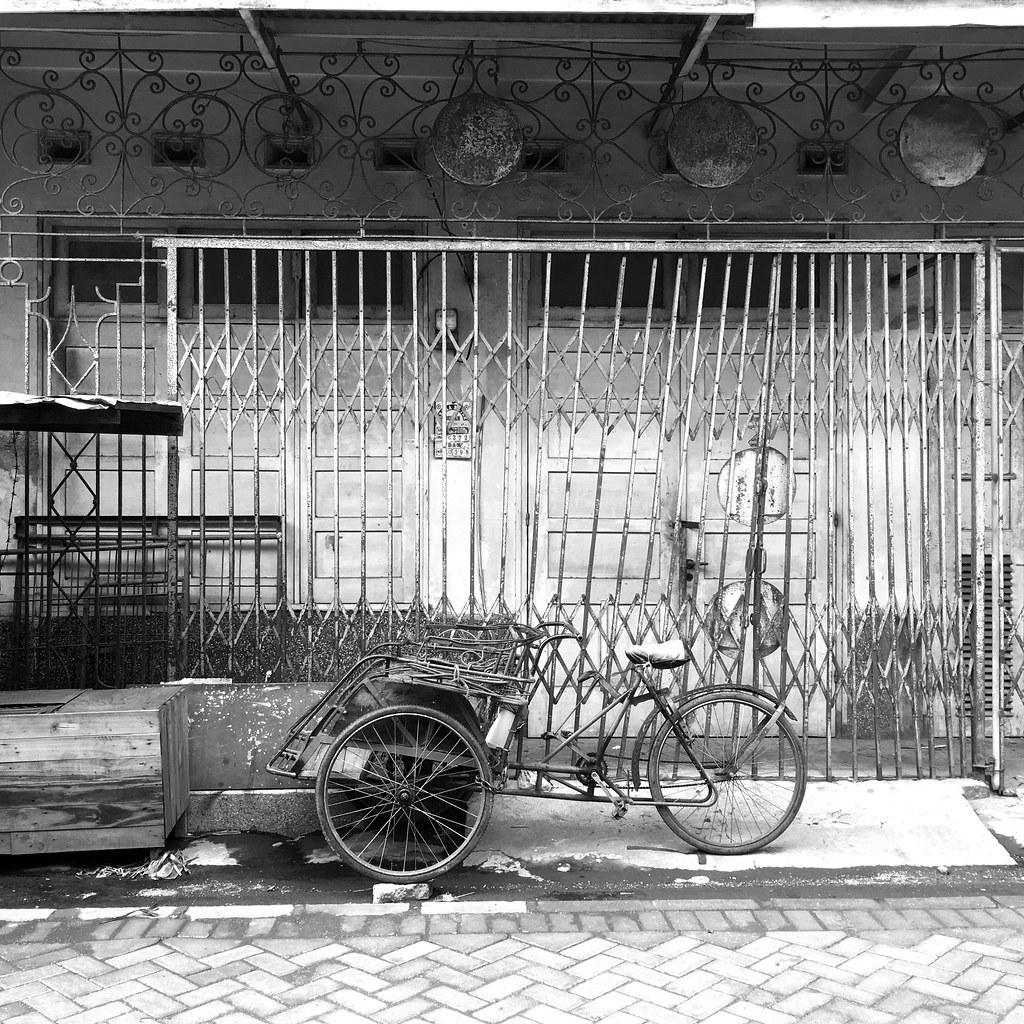
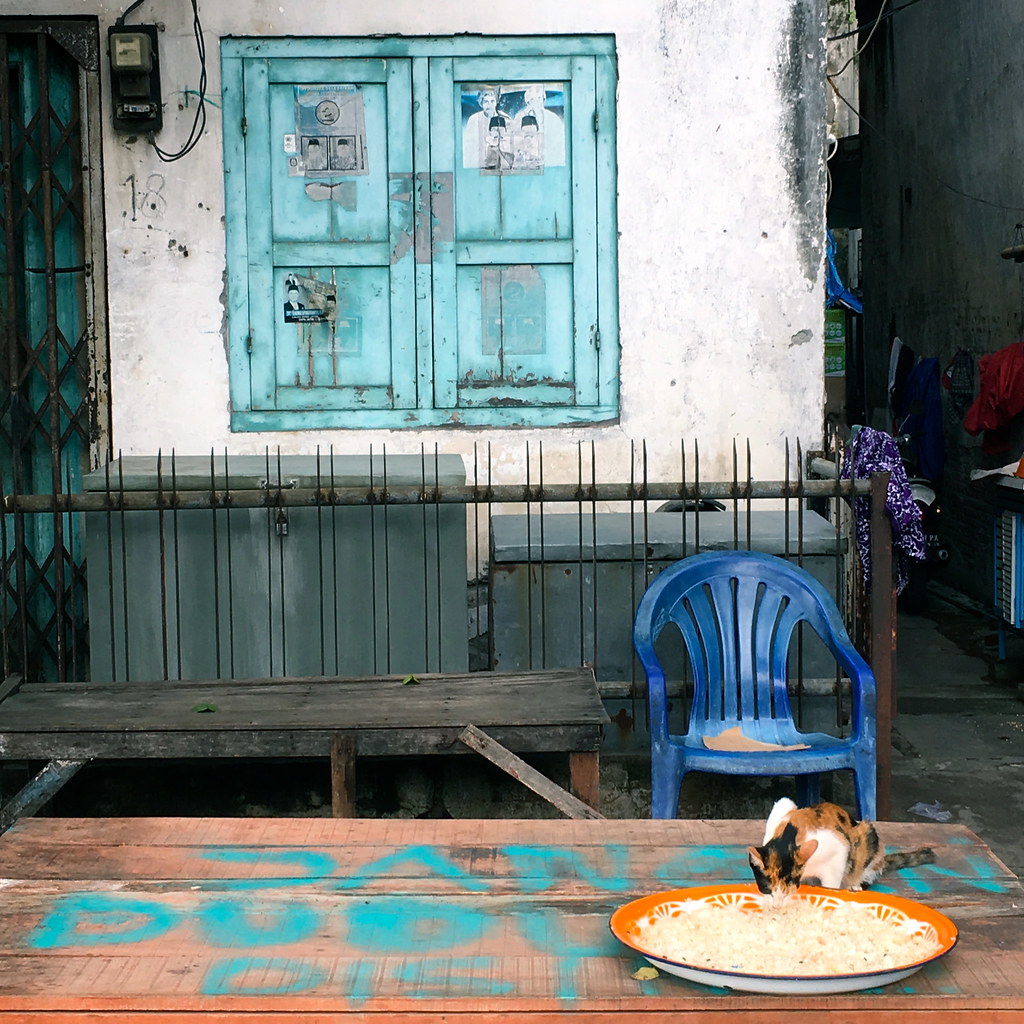

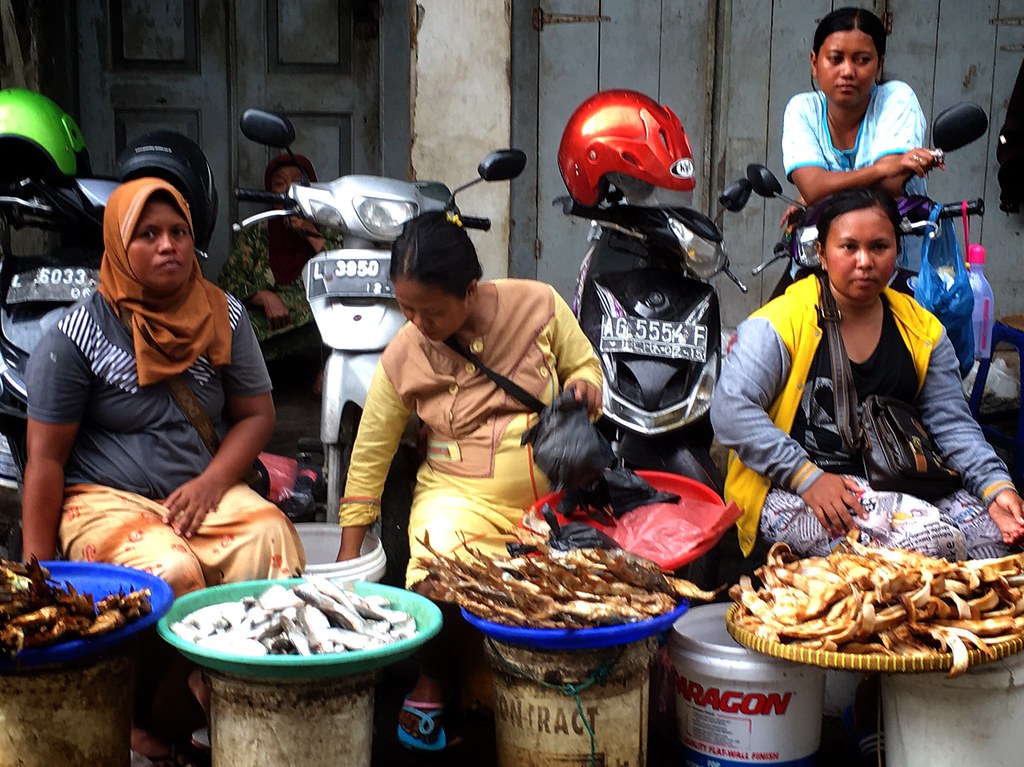
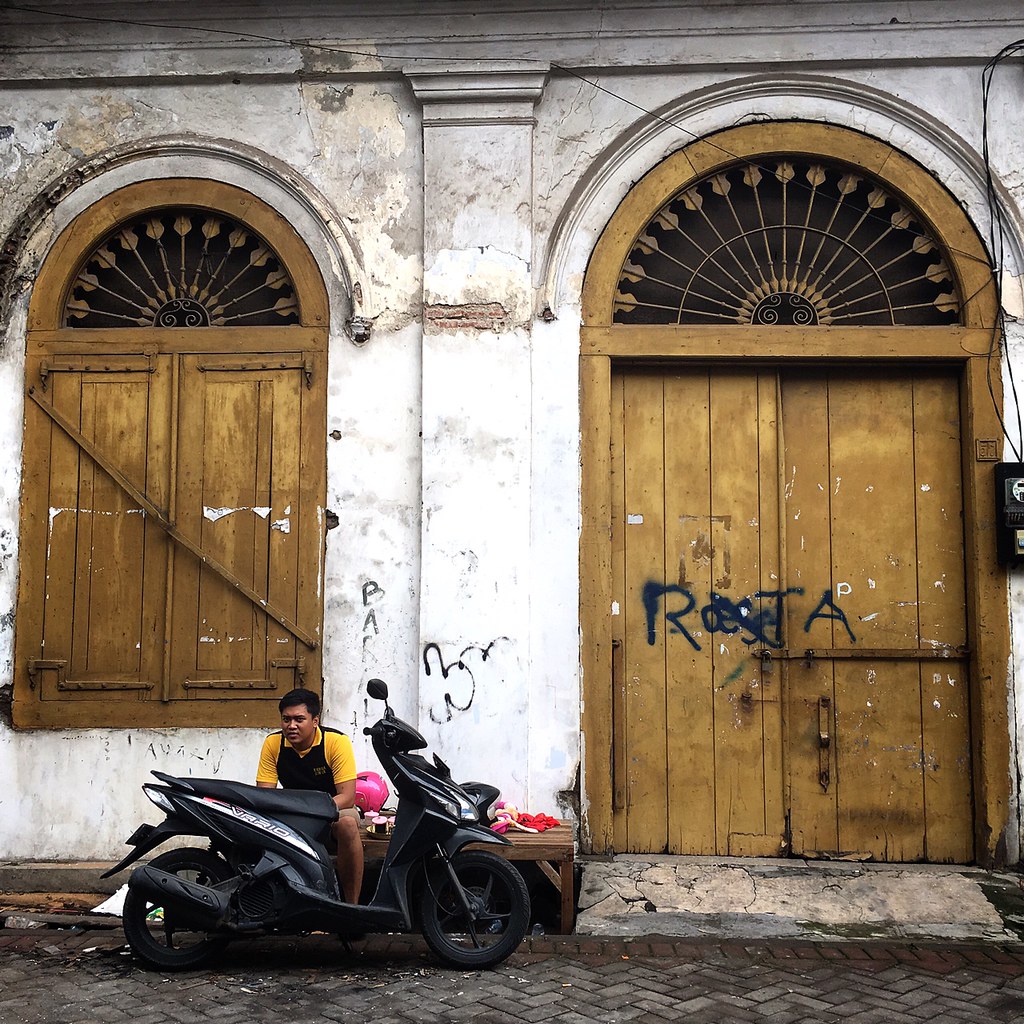
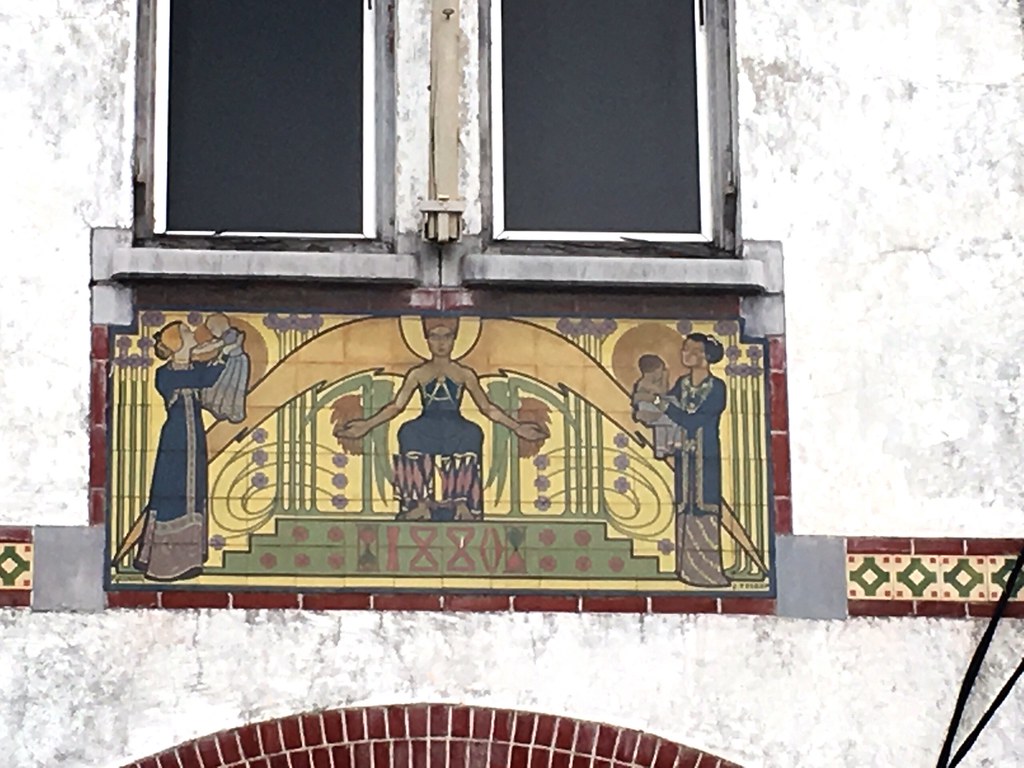
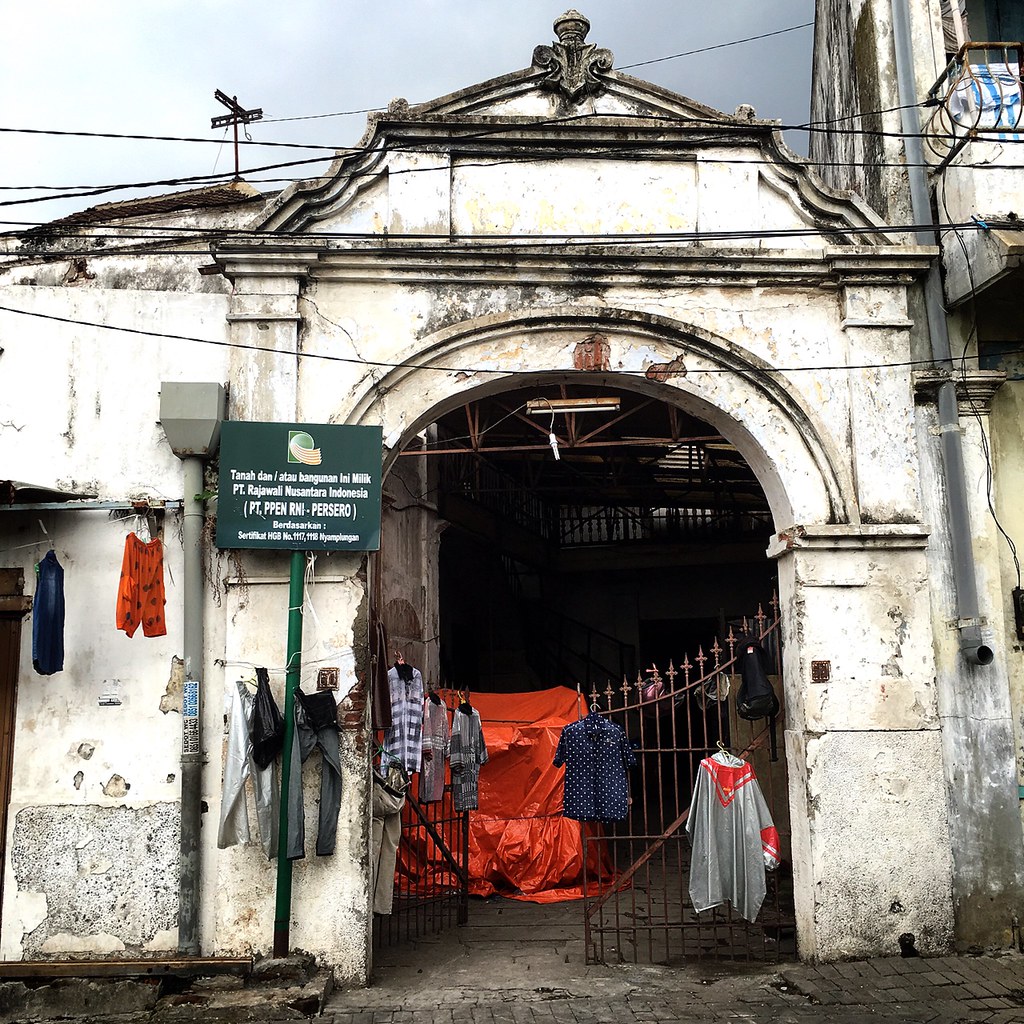
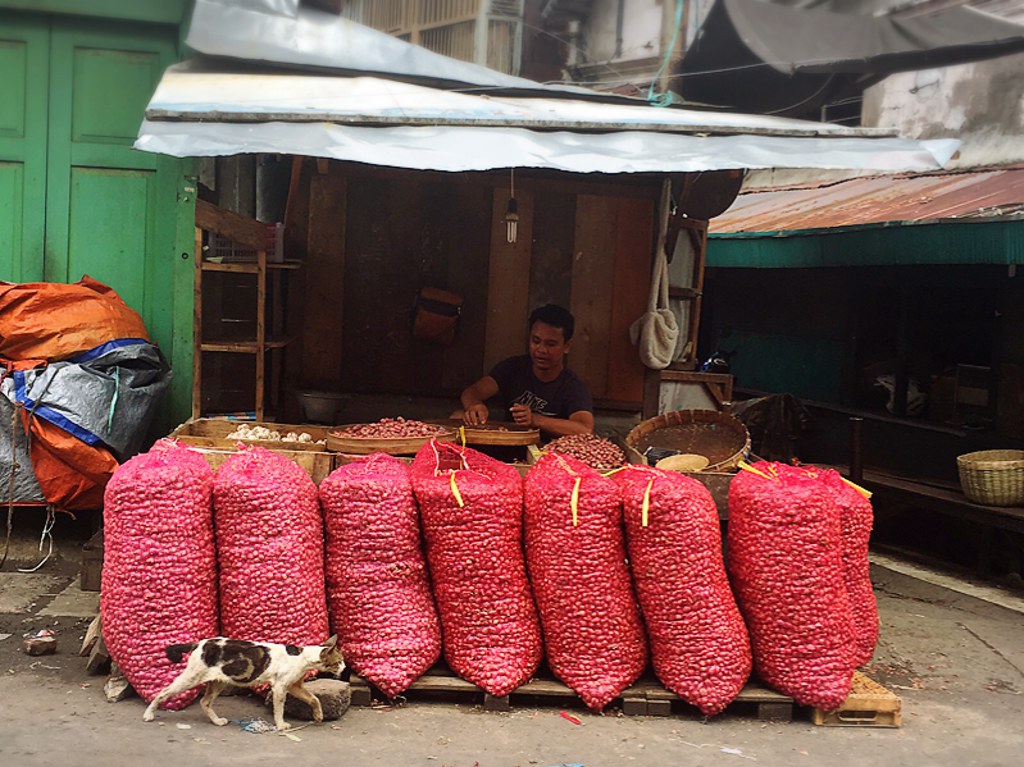
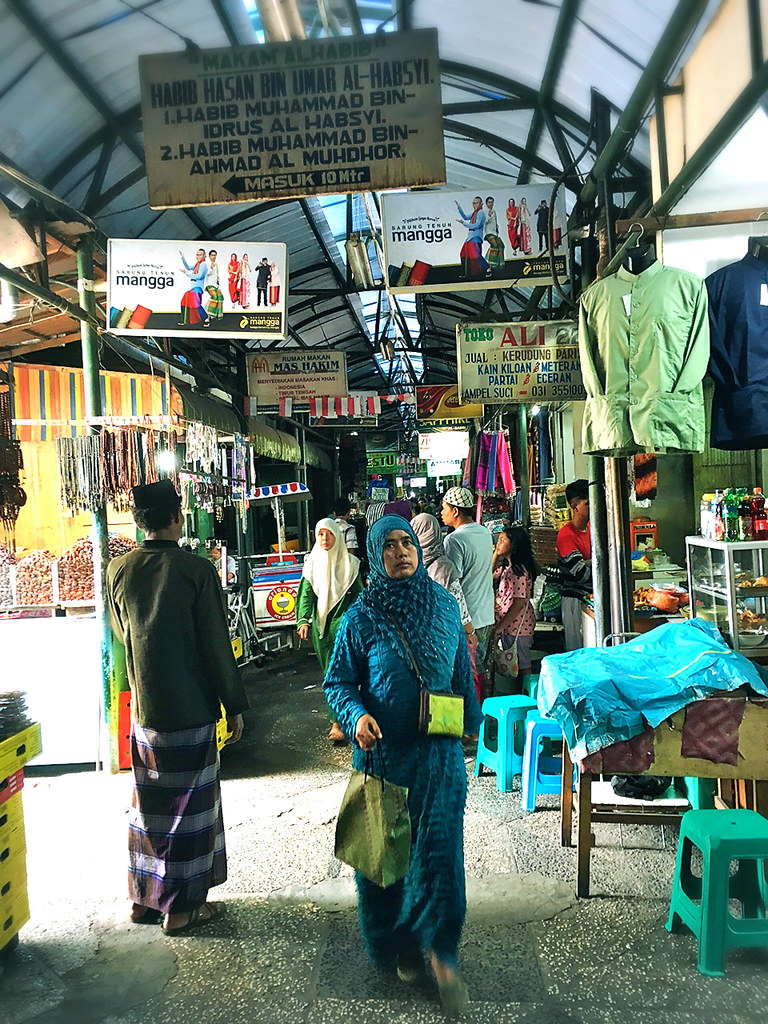

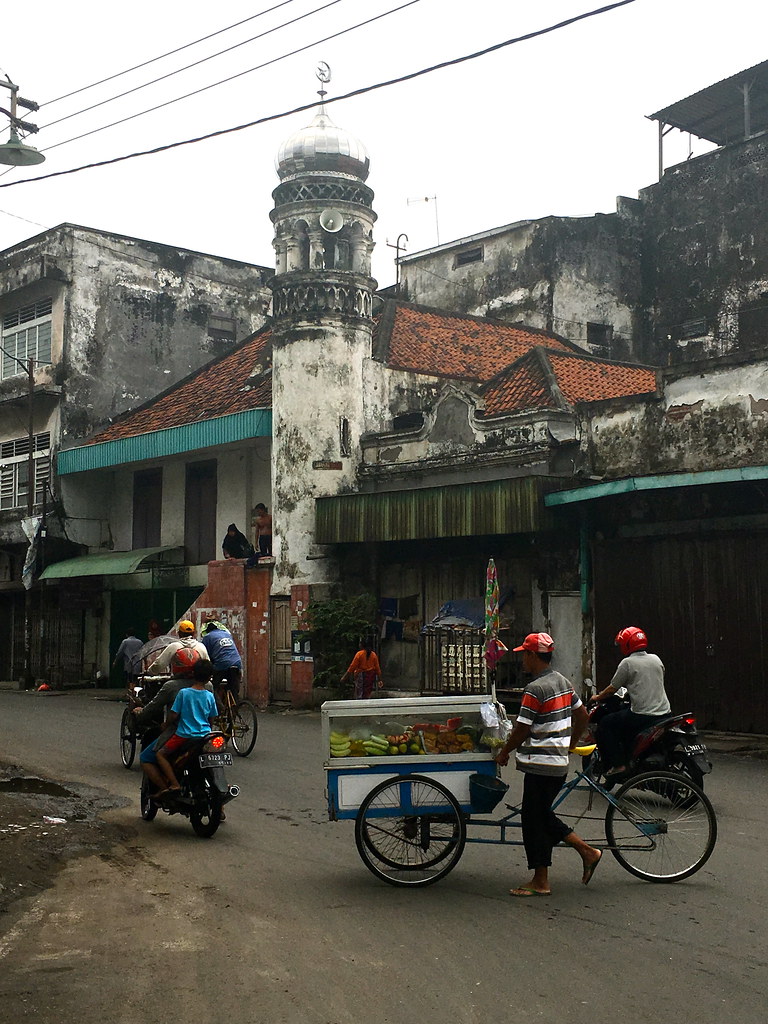
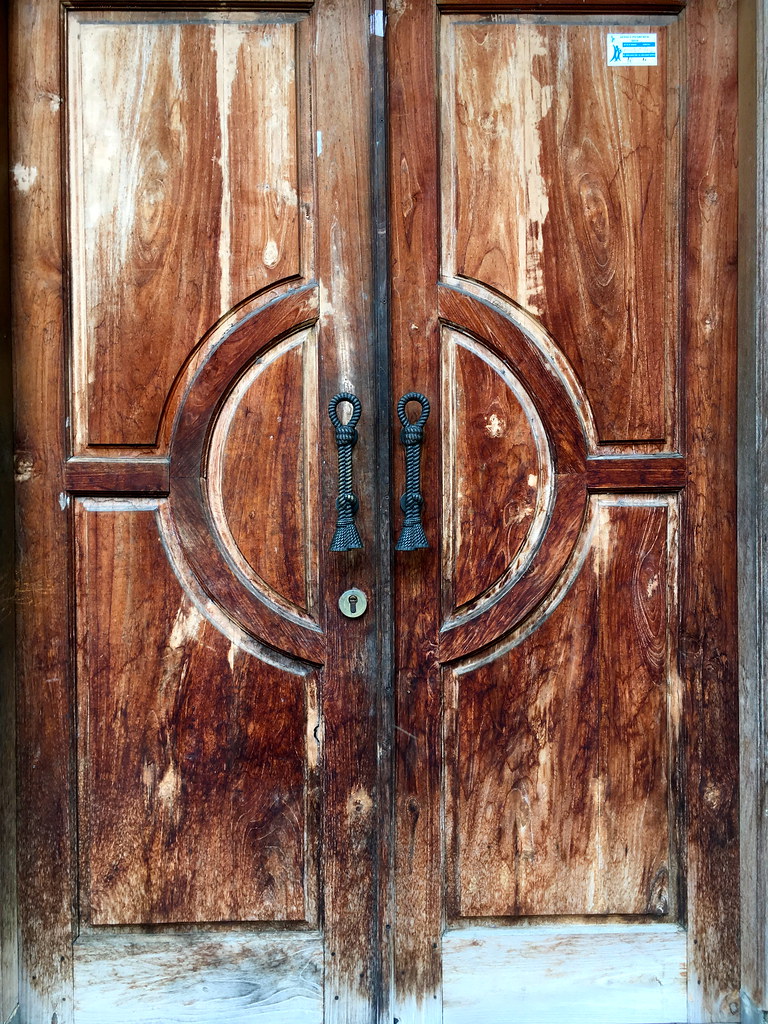
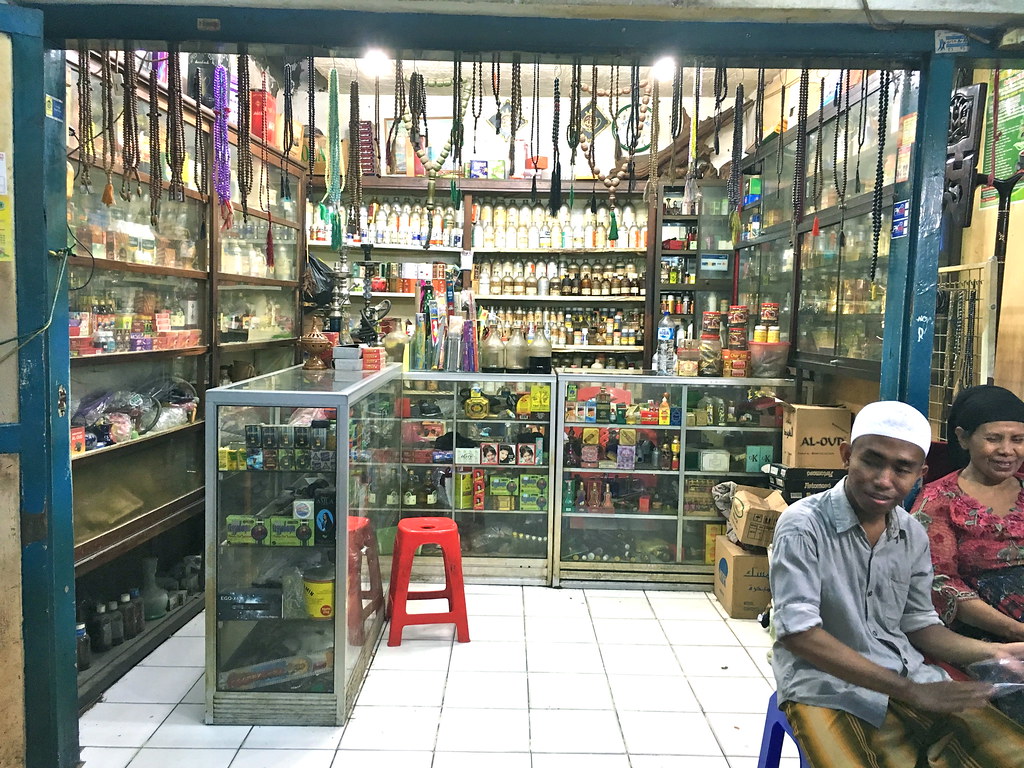

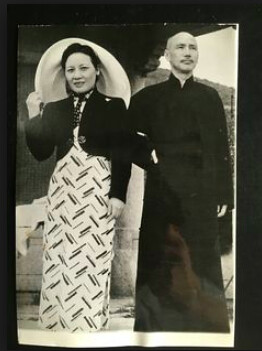
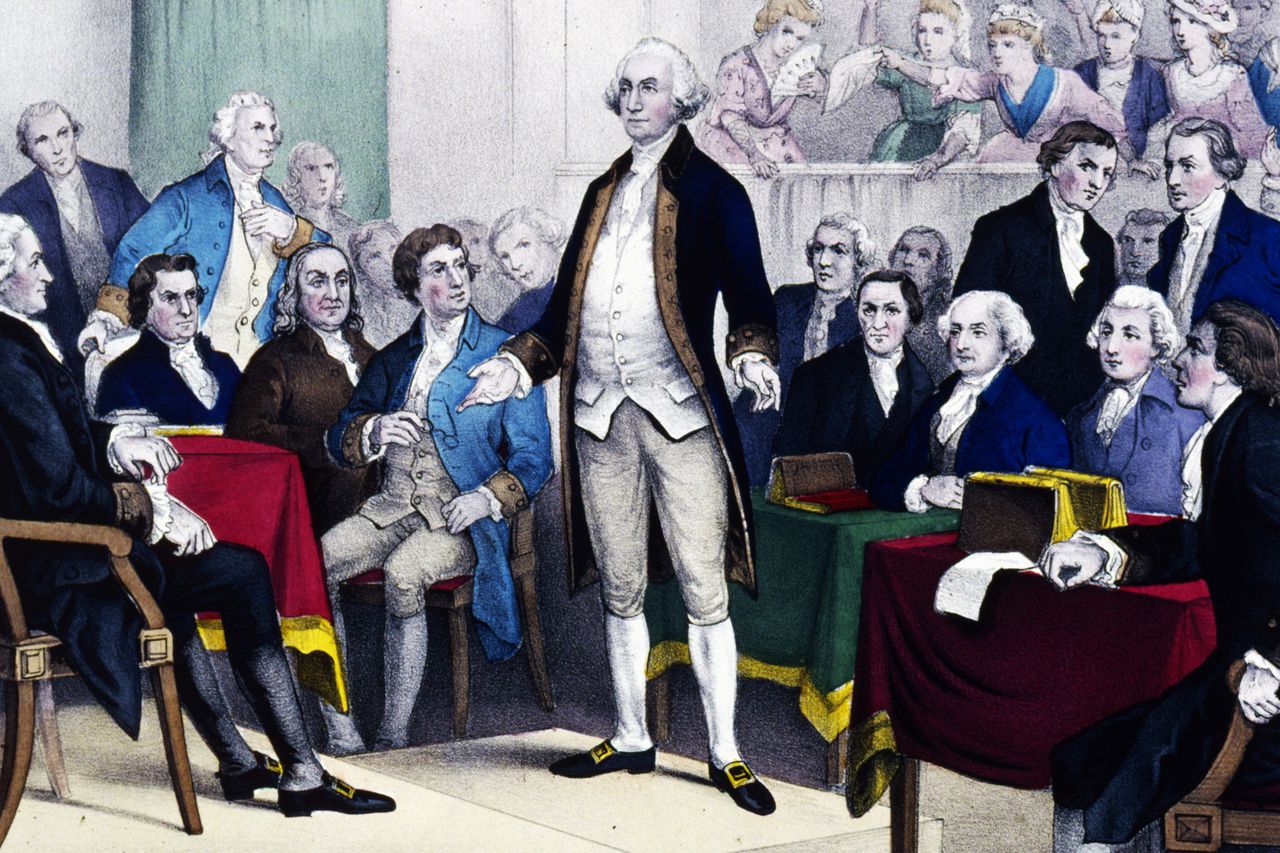

/H026_Pants01%20.jpg)